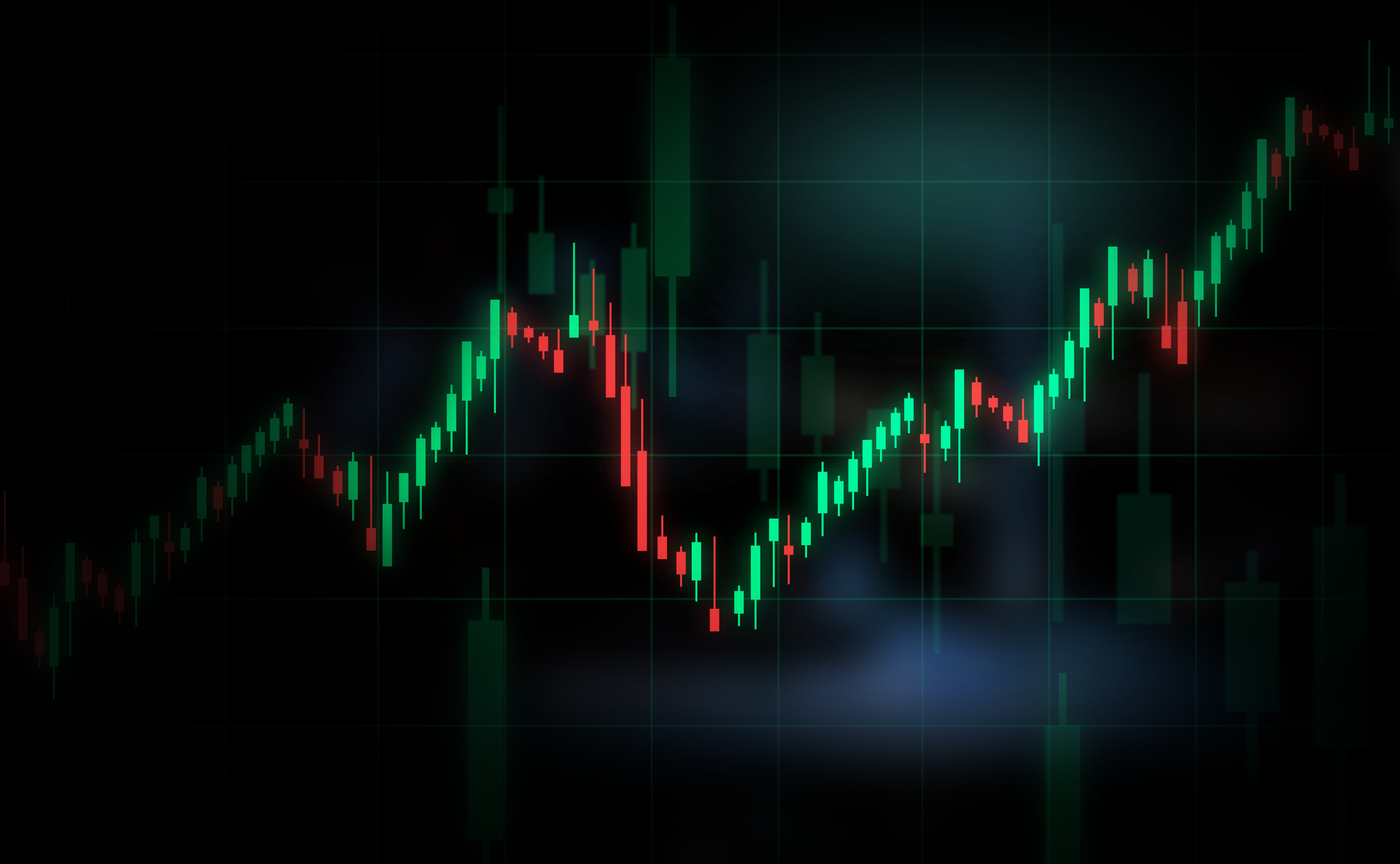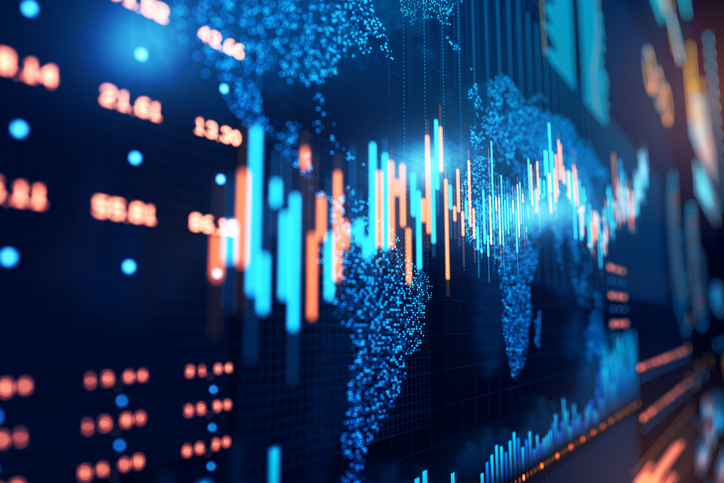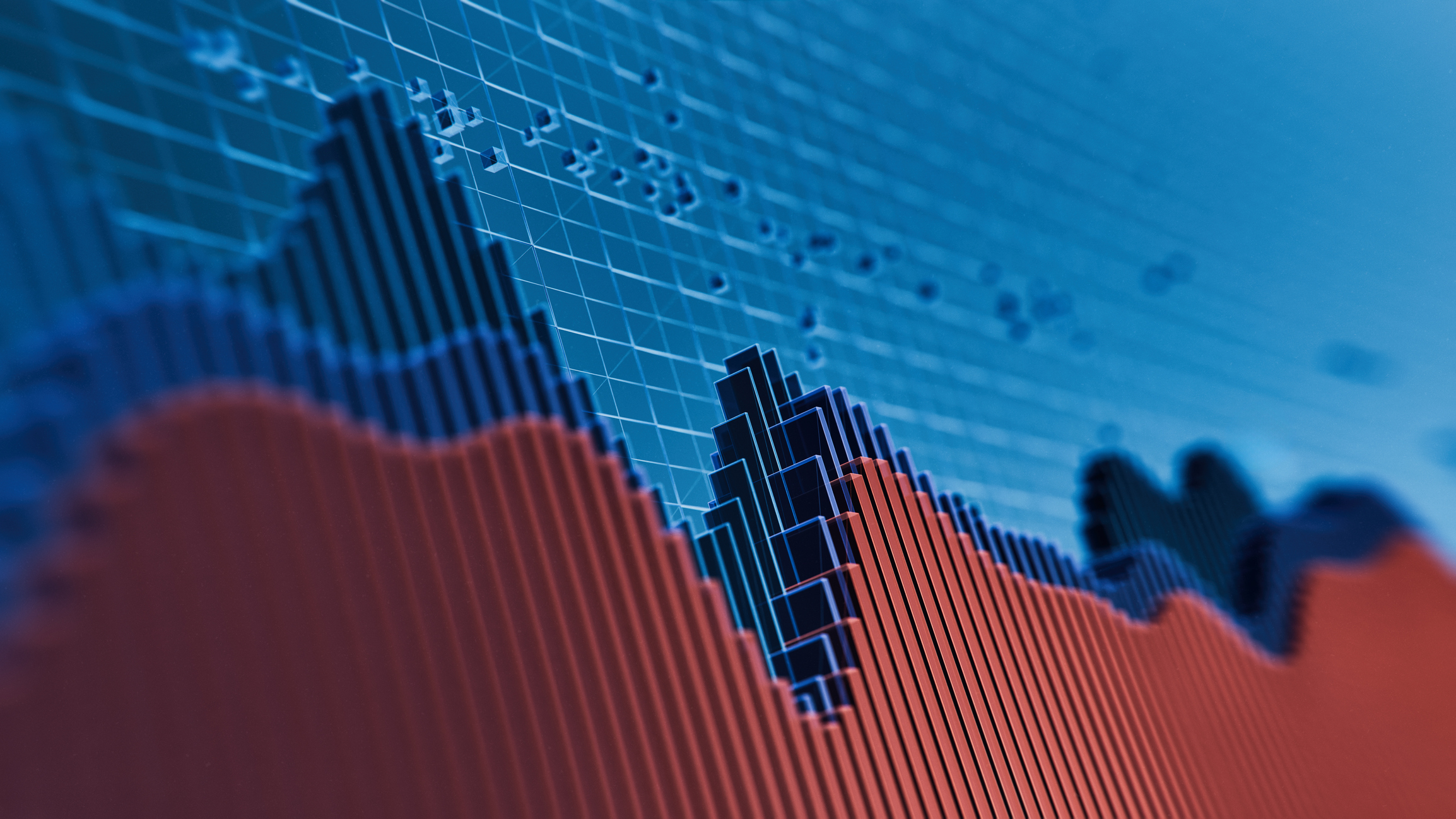What Price Google?
The market isn't sure what shares of the leading search engine are worth. But by some measures, the stock still looks relatively cheap.
Profit and prosper with the best of Kiplinger's advice on investing, taxes, retirement, personal finance and much more. Delivered daily. Enter your email in the box and click Sign Me Up.
You are now subscribed
Your newsletter sign-up was successful
Want to add more newsletters?

Delivered daily
Kiplinger Today
Profit and prosper with the best of Kiplinger's advice on investing, taxes, retirement, personal finance and much more delivered daily. Smart money moves start here.

Sent five days a week
Kiplinger A Step Ahead
Get practical help to make better financial decisions in your everyday life, from spending to savings on top deals.

Delivered daily
Kiplinger Closing Bell
Get today's biggest financial and investing headlines delivered to your inbox every day the U.S. stock market is open.

Sent twice a week
Kiplinger Adviser Intel
Financial pros across the country share best practices and fresh tactics to preserve and grow your wealth.

Delivered weekly
Kiplinger Tax Tips
Trim your federal and state tax bills with practical tax-planning and tax-cutting strategies.

Sent twice a week
Kiplinger Retirement Tips
Your twice-a-week guide to planning and enjoying a financially secure and richly rewarding retirement

Sent bimonthly.
Kiplinger Adviser Angle
Insights for advisers, wealth managers and other financial professionals.

Sent twice a week
Kiplinger Investing Weekly
Your twice-a-week roundup of promising stocks, funds, companies and industries you should consider, ones you should avoid, and why.

Sent weekly for six weeks
Kiplinger Invest for Retirement
Your step-by-step six-part series on how to invest for retirement, from devising a successful strategy to exactly which investments to choose.
Nearly everyone agrees that Google is a great company. But at what price? The market clearly isn't sure. Shares have lurched from a high of $475 in January down to $337 in mid March, and back to $437 last week after an upbeat earnings report. Analysts aren't much help. Their target prices range from $310 to $600.
Google's 41% share of the U.S. search market leads the pack and is growing, and it collects $6 billion of the $500 billion spent worldwide each year on advertising. So it may seem a good bet that the company could grow more than enough to justify whatever price you pay today. But some Cisco investors may have felt the same way when they paid $80 for shares of the world's leading networking company in 2000 after five years of revenue growth averaging 57% annually. Cisco now trades for $21. That should give Google bulls pause.
All relative
If you missed buying shares at Google's March low point, the bad news is that's it is nowhere near the bargain it was a month ago. On the other hand, it's still relatively cheap by several measures. For example, Google trades at 47 times analysts' expected earnings of $9.32 per share for 2006 and 35 times next year's expected earnings of $12.44. That's cheap compared with Yahoo's price-earnings ratio of 63 for this year and 46 based on next year's earnings. Piper Jaffray analyst Safa Rashtchy says market-leading technology companies such as Google can justifiably trade at P/Es ranging from 50 to 60.
From just $107.88 $24.99 for Kiplinger Personal Finance
Become a smarter, better informed investor. Subscribe from just $107.88 $24.99, plus get up to 4 Special Issues

Sign up for Kiplinger’s Free Newsletters
Profit and prosper with the best of expert advice on investing, taxes, retirement, personal finance and more - straight to your e-mail.
Profit and prosper with the best of expert advice - straight to your e-mail.
Another way to measure Google's value is with the PEG ratio, which compares the P/E to expected long-term profit growth. The faster the growth, the more justifiable a high P/E. In Google's case, the "G" -- the expected growth rate -- is 35%. So its PEG is 1.3, based on this year's earnings forecast, and 1.0 based on next year's. Generally, a PEG ratio close to one is considered cheap. Goldman Sachs analyst Anthony Noto says a leading growth company like Google should trade at a PEG of 1.5 to 2. By contrast, Yahoo's PEG is 2.4 on '06 profit estimates and 1.7 on next year's.
If you want to take your analysis to a higher level of sophistication -- and complexity -- forget the P/E. Because various accounting maneuvers can distort reported earnings, many analysts rely on a purer measure of profitability that goes by the acronym Ebitda. It stands for earnings before interest, taxes, depreciation and amortization. Many analysts also believe that enterprise value -- a company's stock market capitalization, plus outstanding debt, minus cash holding -- is a better measure than stock-market value alone of how investors value a company.
Crunching the numbers
If you divide Google's enterprise value (think of it as its price) by its Ebitda (think of it as a proxy for profits) based on '06 estimates, you get 30. Yahoo's is 26, so based on this measure, Google is the more expensive stock. Is it a sign Google has become too expensive? Not necessarily, but it's certainly not the deal it was a month ago. Citibank analyst Mark Mahaney argues that because Google has the higher growth rate, its EV/Ebitda ratio should be higher than Yahoo's.
Why does Google trade so far below some analysts' target prices? Perhaps it's because much of its share price represents the promise of future earnings. And as a very young company, Google's ability to fulfill its promise is still largely untested.
Profit and prosper with the best of Kiplinger's advice on investing, taxes, retirement, personal finance and much more. Delivered daily. Enter your email in the box and click Sign Me Up.
-
 5 Vince Lombardi Quotes Retirees Should Live By
5 Vince Lombardi Quotes Retirees Should Live ByThe iconic football coach's philosophy can help retirees win at the game of life.
-
 The $200,000 Olympic 'Pension' is a Retirement Game-Changer for Team USA
The $200,000 Olympic 'Pension' is a Retirement Game-Changer for Team USAThe donation by financier Ross Stevens is meant to be a "retirement program" for Team USA Olympic and Paralympic athletes.
-
 10 Cheapest Places to Live in Colorado
10 Cheapest Places to Live in ColoradoProperty Tax Looking for a cozy cabin near the slopes? These Colorado counties combine reasonable house prices with the state's lowest property tax bills.
-
 Stocks Sink With Alphabet, Bitcoin: Stock Market Today
Stocks Sink With Alphabet, Bitcoin: Stock Market TodayA dismal round of jobs data did little to lift sentiment on Thursday.
-
 Dow Rises 313 Points to Begin a Big Week: Stock Market Today
Dow Rises 313 Points to Begin a Big Week: Stock Market TodayThe S&P 500 is within 50 points of crossing 7,000 for the first time, and Papa Dow is lurking just below its own new all-time high.
-
 Nasdaq Leads Ahead of Big Tech Earnings: Stock Market Today
Nasdaq Leads Ahead of Big Tech Earnings: Stock Market TodayPresident Donald Trump is making markets move based on personal and political as well as financial and economic priorities.
-
 11 Stock Picks Beyond the Magnificent 7
11 Stock Picks Beyond the Magnificent 7With my Mag-7-Plus strategy, you can own the mega caps individually or in ETFs and add in some smaller tech stocks to benefit from AI and other innovations.
-
 Nasdaq Adds 211 Points as Greenland Tensions Ease: Stock Market Today
Nasdaq Adds 211 Points as Greenland Tensions Ease: Stock Market TodayWall Street continues to cheer easing geopolitical tensions and President Trump's assurances that there will be no new tariffs on Europe.
-
 How the Stock Market Performed in the First Year of Trump's Second Term
How the Stock Market Performed in the First Year of Trump's Second TermSix months after President Donald Trump's inauguration, take a look at how the stock market has performed.
-
 Nasdaq Takes a Hit as the Tech Trade Falters: Stock Market Today
Nasdaq Takes a Hit as the Tech Trade Falters: Stock Market TodayThe Dow Jones Industrial Average outperformed on strength in cyclical stocks.
-
 Stocks Extend Losing Streak After Fed Minutes: Stock Market Today
Stocks Extend Losing Streak After Fed Minutes: Stock Market TodayThe Santa Claus Rally is officially at risk after the S&P 500's third straight loss.